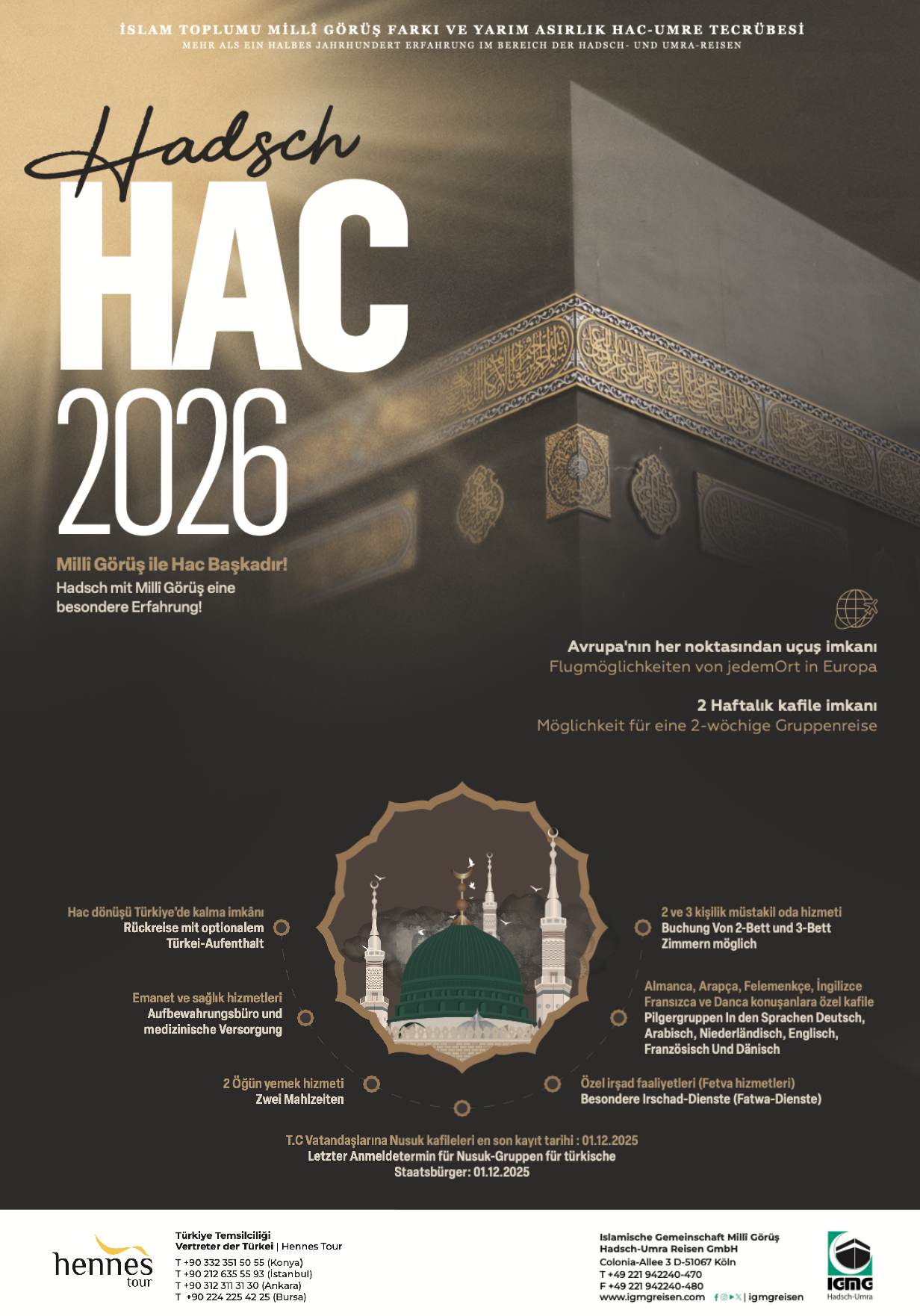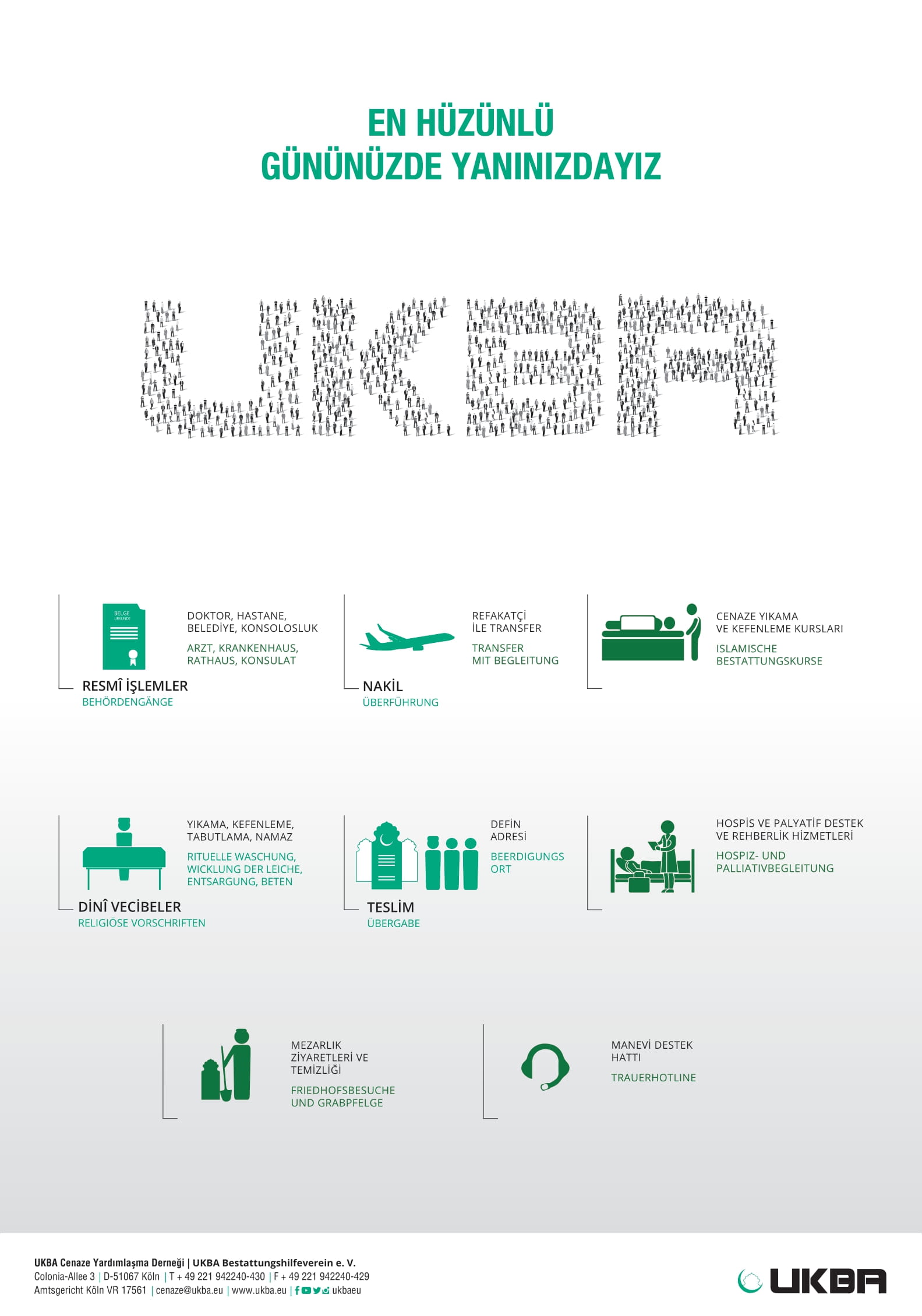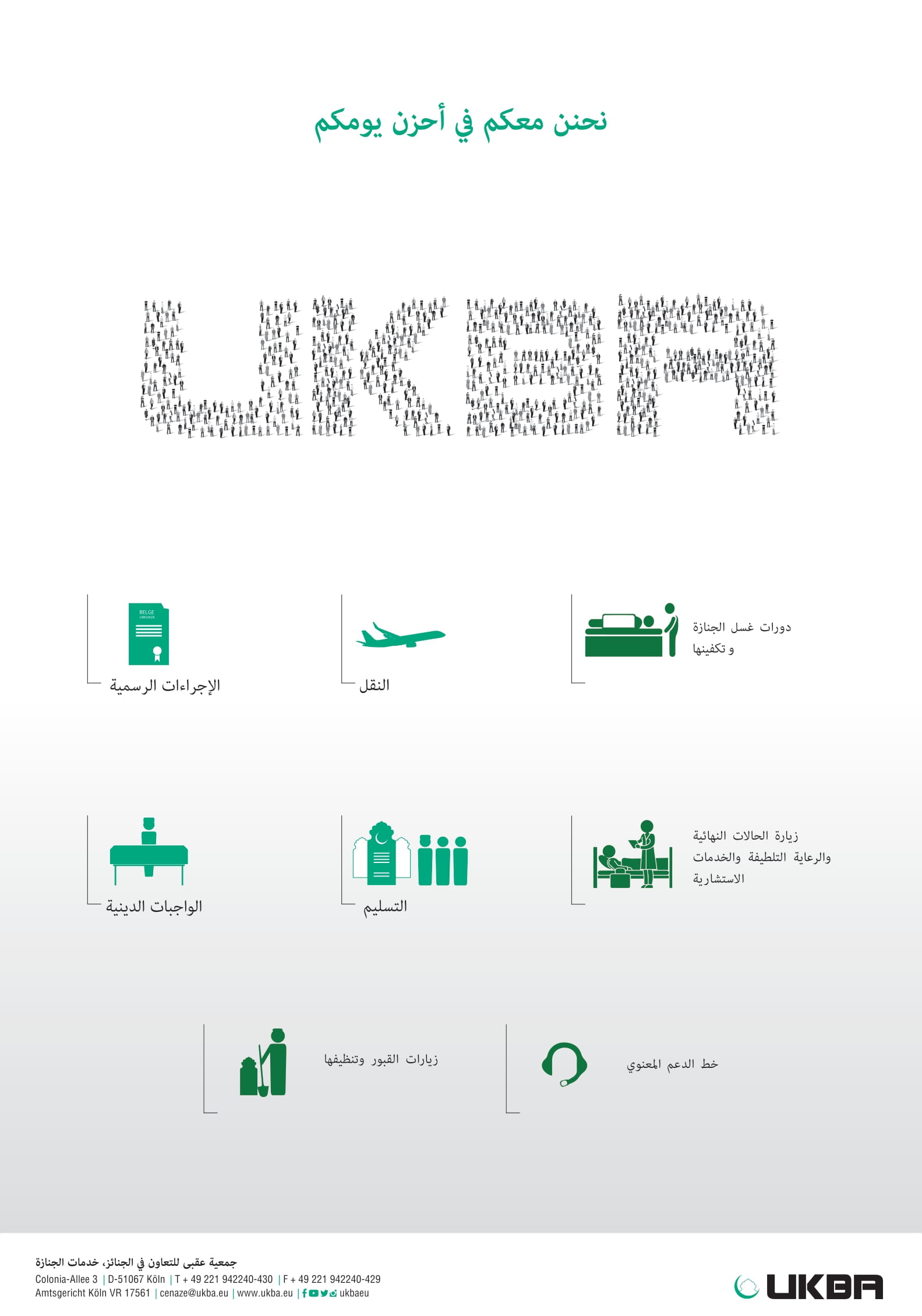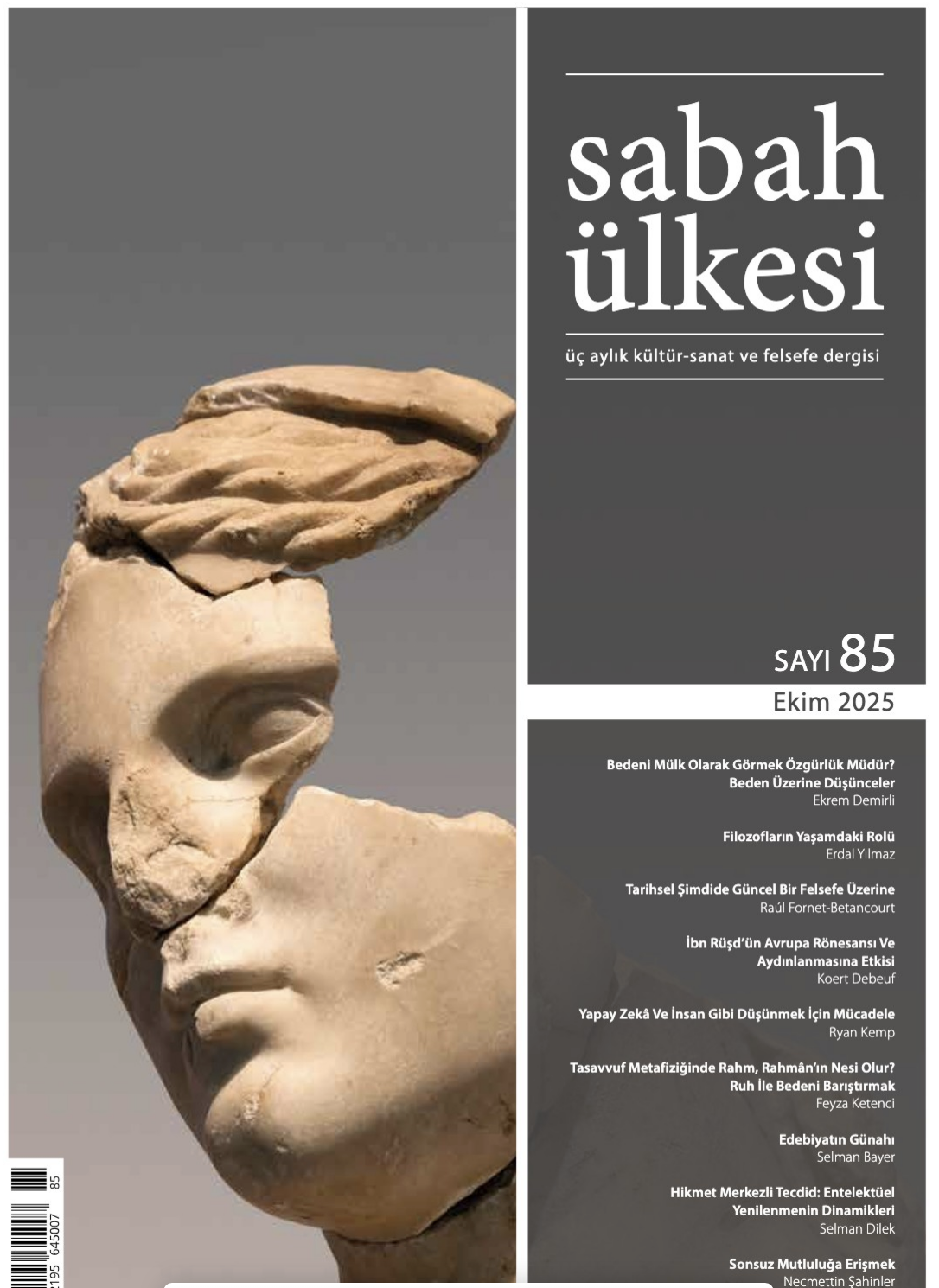Friday Khutba
Repentance: The Polisher of Hearts
06. January 2022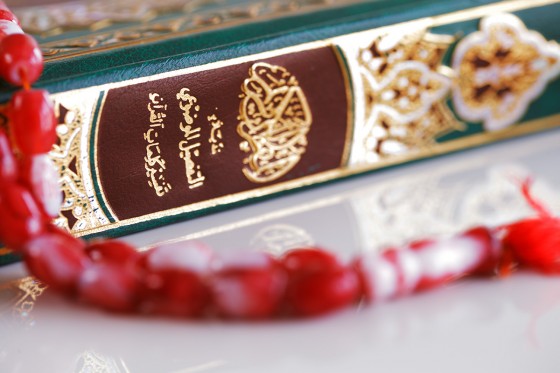
Honourable Believers!
Repentance (tawba) is to turn, and to return. It is the process of transitioning from disobedience, to submission to Allah (swt). It is for this reason that Allah (swt) in the Holy Quran said “Believers, turn together, all of you, to Allah in repentance that you may attain true success.” Accordingly, this verse informs us that every individual has a responsibility to repent from their sins. Without repentance, ultimate success cannot be perceived. So, to whom should tawba be directed? How and through what means can tawba be practiced? To repent is to feel regret after every sin and to commit to not repeating that sin again. Repentance is the act of sincerely feeling regret in your heart, complimented by a genuine act of confession. It also requires the repentance of all sins perpetrated against Allah, and also other humans.
Respected Brothers!
Allah, Most High, says: “Abstain from sin, be it either open or secret. Indeed, those who commit sins shall surely be requited for all they have done.” It is more important to abstain from the sinning of the heart than the sinning of the limbs. Just as disbelief and associating partners with Allah constitutes a sin of the heart, so does arrogance, hatred, rancour, ostentation, self-righteousness, envy, and miserliness. Because if the heart degenerates, so does the body, but if the heart is rectified, so is the body. On this topic, the beloved Prophet (s) said: “There lies within the body a piece of flesh. If it is sound, the whole body is sound; and if it is corrupted, the whole body is corrupted. Verily this piece is the heart.”
Honourable Companions!
A person who does not repent from his sins will eventually begin to see them as normal, and this may endanger one’s faith. Tawba is the act of sincerely repenting from all those sins that one commits inwardly and outwardly, openly and in secret. What is incumbent upon us is that we have a genuine concern to repent. We then, must put this into practice. Each sin has its own form of repentance: The repentance of a missed prayer is to compensate for it, the repentance of a missed zakat payment, is to give from that which has been neglected, the repentance of a missed fast, is to make up for it, the repentance of transgressing another person’s rights is to give their rights back, to reconcile with them.
So, what is the consequence of not repenting from a sin? The Prophet (s) answers this question with a striking simile: “Verily, when the servant commits a sin a black spot appears upon his heart. If he abandons the sin, seeks forgiveness, and repents, then his heart will be polished. If he returns to the sin, the blackness will be increased until it overcomes his heart. It is the covering that Allah has mentioned in His book: ‘No, but on their hearts is a covering because of what they have earned.’”
Respected Muslims!
We should not neglect nor postpone the act of repentance. It may be that death dawns upon us before we engage in tawba, or may not be able to make up for the missed prayers we have accumulated, or even reconcile with other humans.
If we sincerely desire Allah’s pardoning, forgiveness, and attain serenity in this world and the next, let us abstain from sinning. As the great Fudhayl bin Iyadh stated: “The practice of requesting pardon and forgiveness of sins from Allah without abandoning them is the practice of the liar!” Hence, we should pray to Allah (swt) to inspire us with tawba, instead.
Furthermore, abandoning the sins does not suffice. We must also engage in righteous actions. Because it is both the abandoning of sins and the practice of righteous actions that will lead us to paradise. May Allah grant us the ability to succeed in this regard. Amin.







